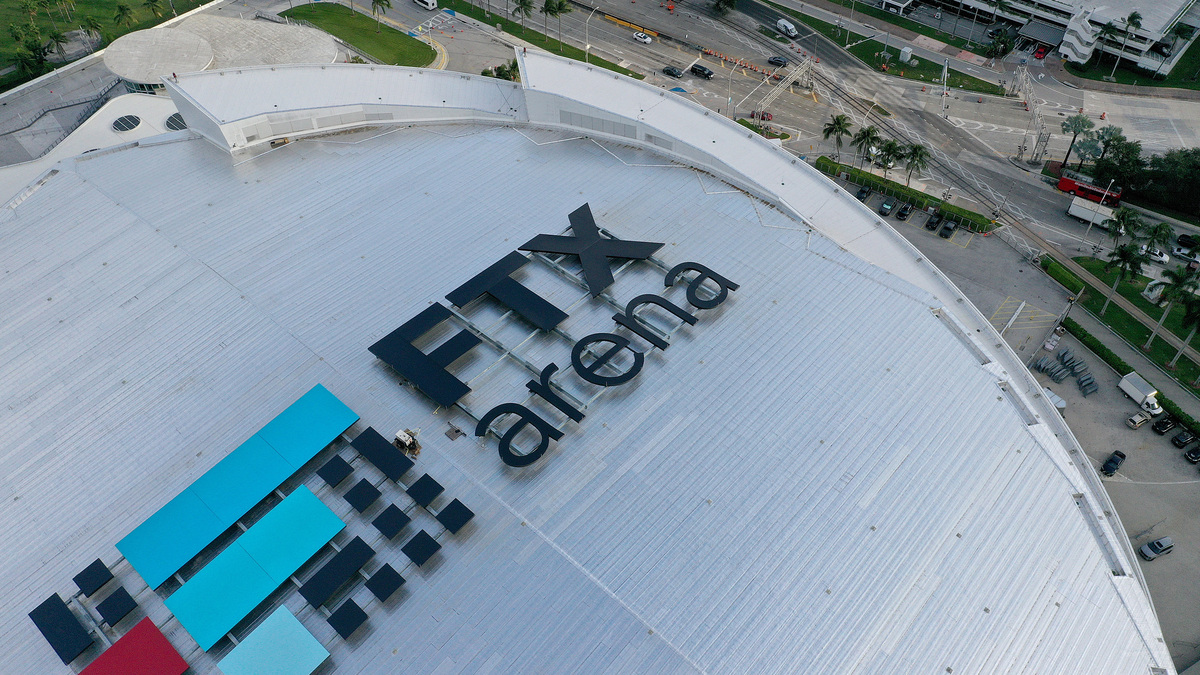
FTX Arena, which the Miami Heat call home. Miami-Dade County and the Miami Heat are ending their arena naming rights deal with FTX after the company's collapse. Joe Raedle/Getty Images hide caption

FTX Arena, which the Miami Heat call home. Miami-Dade County and the Miami Heat are ending their arena naming rights deal with FTX after the company's collapse.
Joe Raedle/Getty ImagesJake Thacker of Portland, Ore. says he had $70,000 trapped in FTX when the the cryptocurrency exchange collapsed this month. That money may be gone.
And he's not the only one. The company's bankruptcy filing says it could owe money to more than a million people.
NPR's Chris Arnold reports on how the FTX implosion is affecting everyday investors.
And NPR's David Gura looks at whether it could spur Congress to pass new regulations on the crypto industry.
Email us at
This episode was produced by Connor Donevan, Enrique Rivera and David West. It was edited by William Troop, Uri Berliner and Lisa Lambert. Our executive producer is Sami Yenigun.

 Live Radio
Live Radio